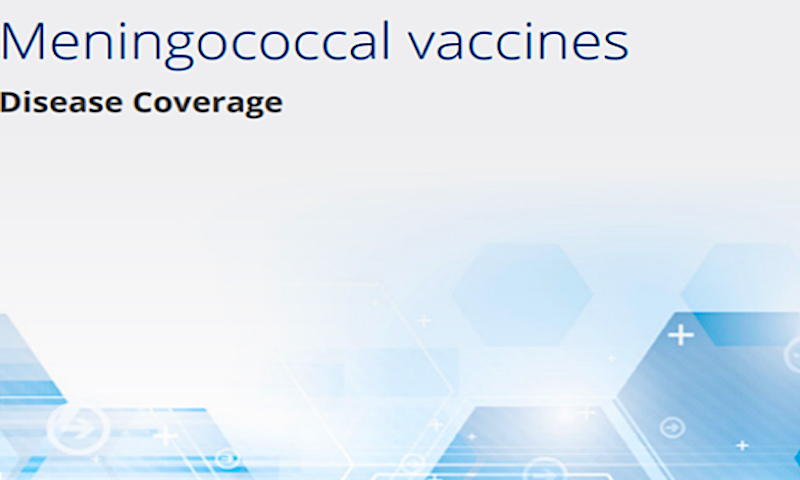 As the relation between carriage rate and invasive meningococcal disease is not clearly understood, carriage studies provide valuable information on epidemiology, pathogenesis, serogroup distribution and possible transmission patterns, information which helps understanding the potential effects of control programs, such as vaccination.
As the relation between carriage rate and invasive meningococcal disease is not clearly understood, carriage studies provide valuable information on epidemiology, pathogenesis, serogroup distribution and possible transmission patterns, information which helps understanding the potential effects of control programs, such as vaccination.
Previous studies conducted by the National Meningitis Reference laboratory have shown that serogroup B was found in high percentage (35- 40%) among carrier strains while, recent studies using molecular methods for clone identification have demonstrated extensive genetic diversity of strains isolated from carriers, in comparison with hypervirulent strains associated with invasive disease showing a clear indication of significant differences in pathogenicity between meningococcal clones of both groups. among European countries.
The aim of the study was the investigation of the presence of the two fhbp sub-families (A and B) included in the newly developed protein based vaccine were present in both patient and carrier meningococcal isolates. For this purpose, a new carriage study was conducted among healthy adolescents (11-18 years of age) and a retrospective study was conducted for all patient strains isolated during the period 2010-2017. Molecular techniques such PCR, sequencing methods, Whole Genome sequence (WGS) analysis and Multilocus Sequence analysis (MLST) were employed to all isolated strains from both patients and carriers. Furthermore, the MEASURE assay was employed for the detection of the bactericidal activity. Positive results were found in all samples, with either fhbp subfamilies to be present. To our knowledge, this is the first report on the application of the MEASURE assay to a local panel of fully representative isolates for a country. According to the results, MenB-FHbp has the potential to protect against the vast majority of Greek invasive MenB isolates and is in agreement with previously published data for a representative panel of isolates from EU and USA.
Project Τitle:
“Investigation of the presence of fHbp gene variability and potential coverage of the meningococcal group B vaccine among adolescent carriers and patients in Greece.” (RESCOM 80679)
Project Duration: January 2017-December 2020
Project Framework & Funding:
Pfiser Europe IIR WI220747
Funding: 167,000 €
Principal Investigator (UNIWA): Dr Georgina Tzanakaki, Professor, Public Health Microbiology, Email: gtzanakaki@uniwa,gr, Tel: 213-2010267/268
Consortium – Partners:
- Dept of Public Health Policy, School of Public Health, University of West Attica (Principal Investigator)
- Oxford University (UK)
- Public Health England (Vaccine Evaluation Unit Manchester, UK)
Research Publications
- Tzanakaki G (2018). N. meningitidis: Molecular Epidemiology Surveillance and protein based vaccines. 22ndMeeting of Paediatric Society for Infectious Diseases Athens, December 2018 (invited speaker).
- Tzanakaki G, Clark S, Kesanopoulos K, Xirogianni A, Papandreou A, Tsolia M, Borrow R (2019) Potential coverage of Menb-fhbp vaccine (Trumenba) to MenB patient isolates: results from the Greek study during the period 2010-2017 Oral Presentation15th EMGM meeting, Lisbon, Portugal May 2019 Available at: http://emgm.eu/meetings/emgm2019 /emgm2019_ abstracts .pdf
- Tzanakaki G, Xirogianni A, Tsitsika A, Papandreou A, Kesanopoulos K, Bratcher HB, Maiden MCJ Borrow R, Tsolia M. (2020) Potential coverage of MenB-FHbp vaccine (Trumenba™) to patients and carriers isolates: Results from a Greek study. Vaccine, (submitted for publication)












